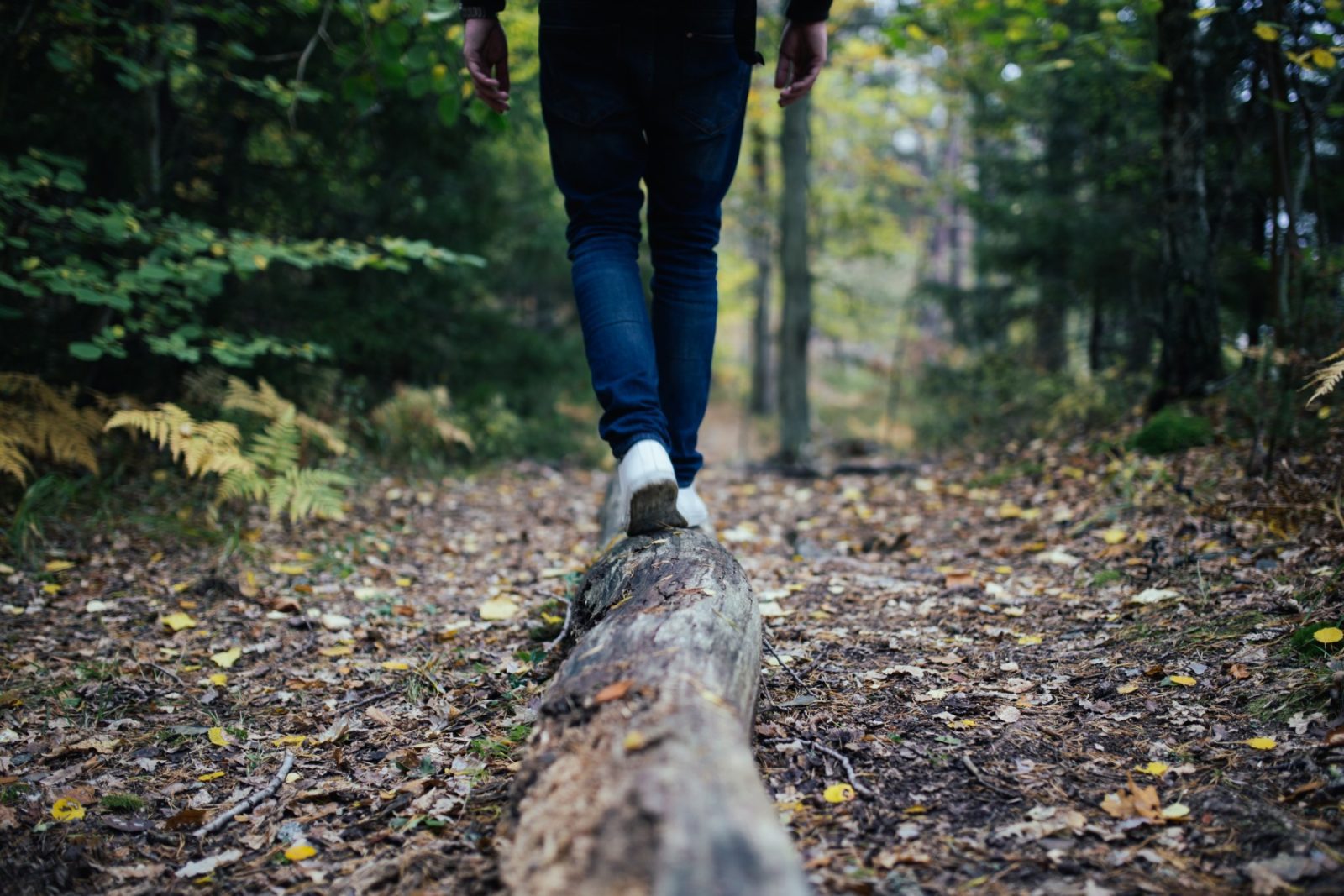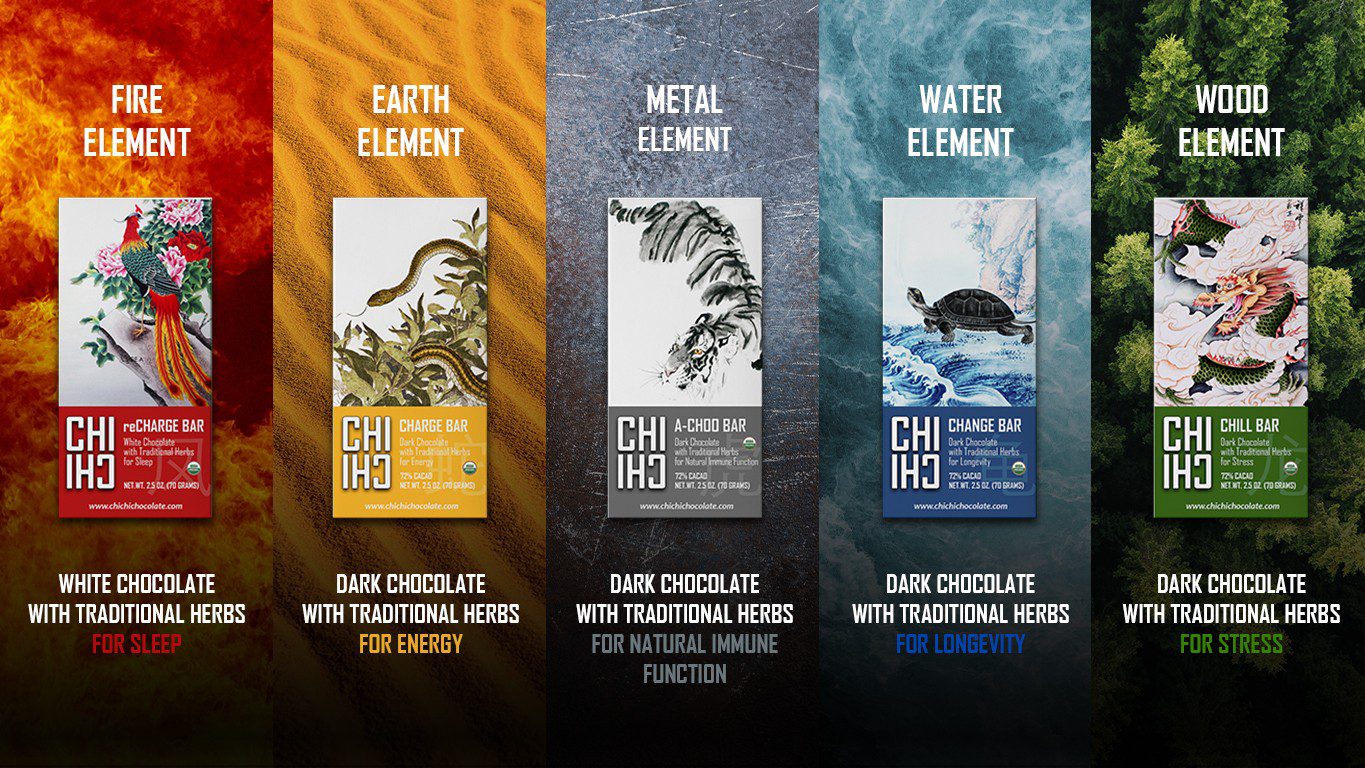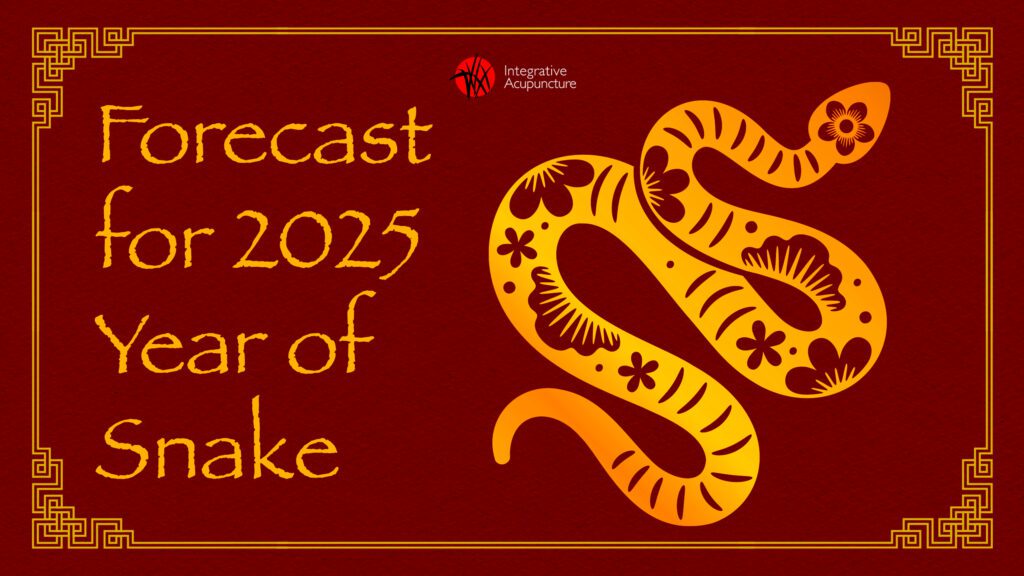Living a Balanced Life?
- What does it mean to live a balanced life?
- Would you consider yourself living in a state of balance?
- Are you eating a balanced diet?
- Do you have a balance of work and play?
- Do you have a balance of activity and rest?
- Is your stress managed in a balanced way?
- Is your checkbook balanced?
When I’m approaching the health of an individual from a Chinese medical point of view, I’m evaluating one’s state of balance. I may not ask these questions directly, but I’m observing what the answers may be. That last question is somewhat of a joke, but actually financial stability in accordance with one’s lifestyle may contribute to a sense of balance. Chinese Medicine uses the terms “yin” and “yang” in broad and specific ways to understand the relative state of balance in an individual.
Yin and Yang
These terms are opposites; yet need each another to define one another. Only having something less than defines something as being more than, right? “Yin” is literally translated as the shady side of a hill, while “yang” means the sunny side. Yin is considered the part of us that is more cooling or calming while yang is the part that is more warming and activating. In our modern Western medical understanding of the body, we think of homeostasis similar to yin and yang. Our bodies are designed to function optimally under certain conditions like body temperature, blood pressure, thyroid hormone level, etc. Our environment can change, like working outside on a cold day or suddenly running from danger, and we will see a response in these body conditions. Our body is then designed to regulate itself and return to its optimal functioning. This is how we’ve survived for so long. Chinese medicine describes this state of relative homeostasis or equilibrium as the balance of yin and yang. An increase of blood pressure is an increase of yang. The blood pressure will return to normal through the action of the yin aspect of the body. I’m hoping to give you a view of the body through a somewhat different perspective, one that is still relevant despite our modern intricate understanding of how the body works.
We Need Time to Recover
Knowing the balance of activity and rest for yourself is just as crucial for your health as the body’s innate balance of hormones to regulate its functions. It is obvious to us that proper rest allows for effective recovery from activity. We watch our pets do this everyday, but we find it difficult to follow their example. They don’t have to earn the money for their food each day, we tell ourselves, they have the time to rest. Most of us don’t allow ourselves an hour nap after a full morning of active work. My sense is that our culture isn’t set up for this kind of balance. It seems that our European friends have done a much better job at this. I’m taking my first two-week vacation in my adult life this summer and feeling kind of guilty about it. I’ve been trained to live an unbalanced life of work and play that I’m having to relearn. Most employers surely don’t encourage this. Wouldn’t you predict that if we allowed better time for recovery and balance we would be more effective when we are active and working?
You Don’t Have to Give it Your All
Consider the way you spend your energy throughout the day, your money, what energy you put in your body from the angle of balance. Don’t put too much in your body at once, give it time to digest. It can be a challenge to even pay attention. Eat a little meat, some vegetables, some rice, a couple strawberries, see how you feel. I realize it sounds simplified, but I think food intake has gotten overly complex, confusing, and imbalanced for many of us.
In my observation, those who age the most gracefully understand how to balance work and play, know about energy input versus output, and rest when their body needs rest. They recognize the stress they feel and are able to take a break to recover. They can put their attention on the positive aspects of the situation along with the difficulty. We can choose to preserve our energy even though we may be able to push harder. We’re taught to give it our all, but it may be wise to know when to preserve. We can understand this with money as well.
As the summer, the most yang time of the year, is approaching I’m wishing you a time of observation and balance.






